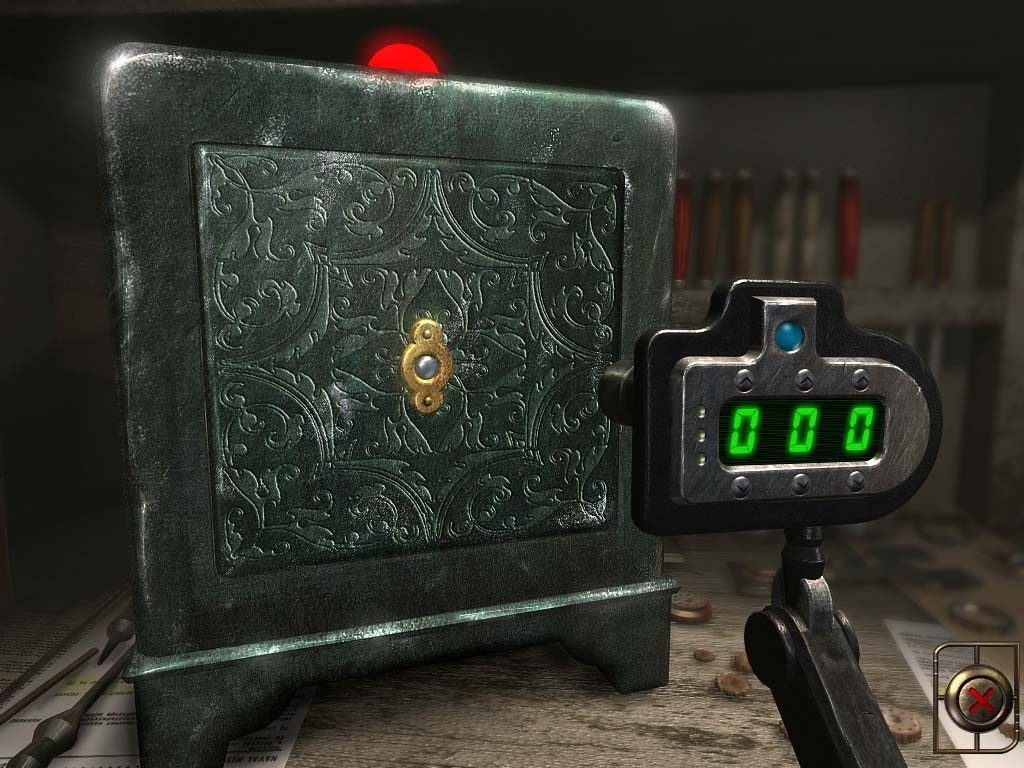

The ability to zone in on the task at hand and avoid all of the distractions taking place around you. The next skill that I think is most important is focus. It’s just you alone with a metallic box that’s manufactured for the sole purpose of keeping people from ever doing the one thing you’re attempting to do. In certain situations, with certain safes, a very, very long time.

It doesn’t matter who you are or how many safes you’ve opened before, it’s still going to take time. Wick: In my opinion, the number one skill that anyone needs when trying to crack a safe is patience. What are the top three skills you might need to develop to become a pro? I also spoke with several different experts who have been picking locks and cracking safes for a very long time.įoster: The protagonist in Safecracker is, as one might guess, a professional cracker of safes. On weapons, on security systems, on how career burglars have actually broken into places. I did as much research as I possibly could. But when I started writing Safecracker, I wanted my protagonist, a master thief, to be as authentic as possible. Can someone figure out how to rob an armored car by watching Heat or reading a Richard Stark book? Maybe. And, as with any entertainment medium, it’s hard to assess to just how much real-world practicality you can gleam from those little nuggets of illicit wisdom. Aside from growing up around several people who turned out to be actual criminals in my hometown, I’d say that most of my prior criminal knowledge came from films, TV and books. Ryan Wick: I would say that my “felonious skills” were rudimentary, at best, before setting out to write this book. John Foster: Were you a master of the criminal arts before you sat down to write Safecracker or did the book inspire you to develop felonious skills?


 0 kommentar(er)
0 kommentar(er)
